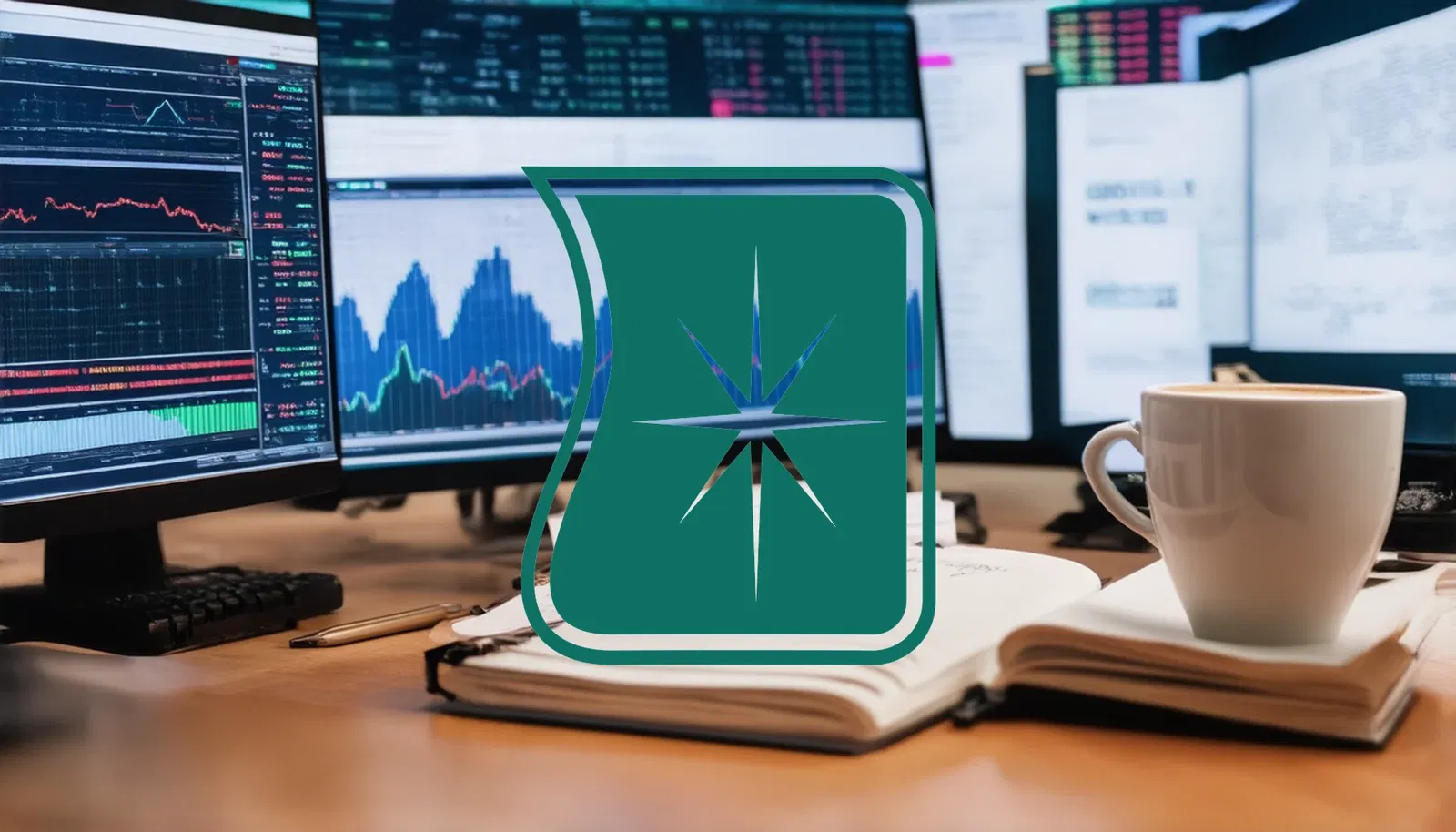Reviva Pharmaceuticals Holdings (RVPH) is experiencing a severe downturn as investor sentiment sours. The dual pressures of a recently completed capital raise and unresolved regulatory concerns have triggered significant selling pressure, cementing a pronounced bearish trend for the biopharmaceutical stock.
Regulatory Hurdles and Market Reaction
Adding to the negative momentum is a critical regulatory issue. As recently as September 24, the company was non-compliant with the Nasdaq’s listing requirements. This overhang creates substantial uncertainty, deterring potential investors for whom a stable exchange listing is a prerequisite for liquidity and access to institutional capital.
The market’s response to these combined challenges has been decisive. Over the last ten trading sessions, the stock has closed lower in five of them, resulting in a cumulative decline of 33.42%. On the most recent trading day, shares managed a marginal gain of 0.34% to close at $0.295 after opening at $0.29. However, this minor uptick is overshadowed by a key technical indicator: the 20-day simple moving average (SMA) has fallen below the 60-day SMA, signaling a bearish medium-term trend. Trading volume for the session reached 3.73 million shares, representing approximately $1.08 million in value.
Equity Dilution Triggers Sell-Off
The primary catalyst for the recent decline was a $9 million capital increase initiated on September 18. Reviva Pharmaceuticals placed 27 million shares at a price of $0.335 per share, accompanied by Series E and F warrants. The transaction, slated for completion around September 22, was designed to fund ongoing operations and development programs.
Should investors sell immediately? Or is it worth buying Reviva Pharmaceuticals Holdings?
Instead of being welcomed, the financing move was met with a steep sell-off, driving the share price down by approximately 36%. The offering price was set at a significant discount to prevailing market rates, a clear indication of the dilutive effect on existing shareholders. While the company secures much-needed capital for its research and development pipeline, the cost has been borne directly by its investor base.
High Short Interest Reflects Market Skepticism
The prevailing pessimism is quantifiable in the market’s positioning. The short interest ratio stood at 32.79% as of September 24. Although this figure represented a slight decrease from the previous day, it remains exceptionally high, indicating that a substantial number of traders are betting on further price depreciation.
Leadership Aims to Rebuild Confidence
Amid the turbulence, the company is attempting to re-engage with the investment community. CEO Laxminarayan Bhat is scheduled to present at the Lytham Partners Conference on September 30. This event presents a critical opportunity for management to clarify the strategic rationale behind the financing round and provide updates on the company’s developmental pipeline.
A key asset in this effort is the completion of the Phase 3 RECOVER study for brilaroxazine, the company’s drug candidate for schizophrenia treatment. The trial, finalized in the second quarter of 2025, demonstrated sustained efficacy and a favorable tolerability profile. The central question for investors is whether these positive clinical developments can ultimately outweigh the current negative impact of financial and regulatory news. Some analysts point to the drug’s potential, with projections suggesting an upside exceeding 1,700%, though such optimism appears at odds with the stock’s immediate market performance.
Ad
Reviva Pharmaceuticals Holdings Stock: Buy or Sell?! New Reviva Pharmaceuticals Holdings Analysis from February 7 delivers the answer:
The latest Reviva Pharmaceuticals Holdings figures speak for themselves: Urgent action needed for Reviva Pharmaceuticals Holdings investors. Is it worth buying or should you sell? Find out what to do now in the current free analysis from February 7.
Reviva Pharmaceuticals Holdings: Buy or sell? Read more here...











